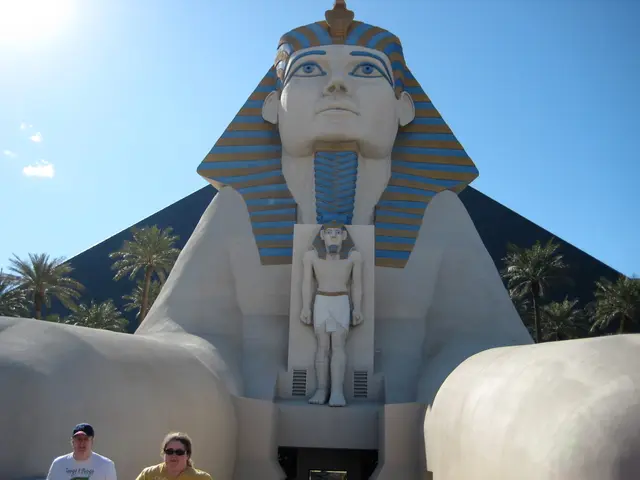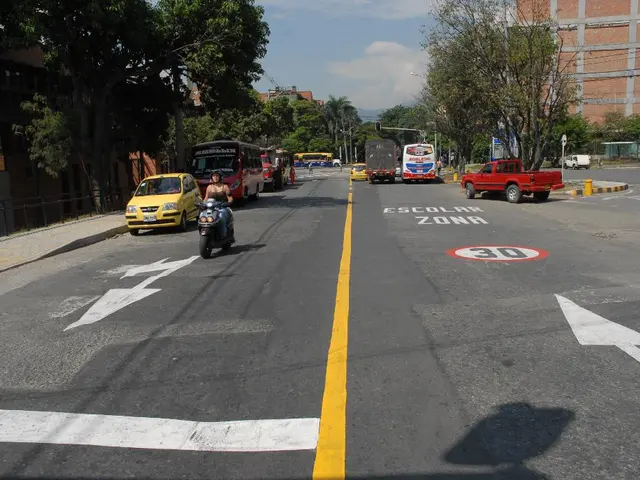Booming Brazil: Despite Prosperity, Investors Exhibit Caution
In the heart of South America, Brazil's stock market is grappling with a series of challenges that have left it underperforming under the leadership of President Luiz Inácio Lula da Silva. The country's economy, once a beacon of growth and opportunity, is facing a complex web of macroeconomic and structural issues.
One of the key contributing factors is the high interest rates and inflation. Brazil's Central Bank has kept the Selic rate elevated (around 14.75% as of mid-2025) to combat inflation, which remains above the target (with forecasts above 5% for 2025). This high-interest environment tends to increase the cost of capital, reduce investment appeal, and suppress stock valuations, ultimately slowing economic growth dynamics.
Regulatory and political uncertainty also play a significant role. Ongoing reviews, such as those affecting major telecoms like Telecom Italia’s TIM Brasil arm, introduce uncertainty that dampens investor confidence. Unclear or evolving regulation can delay investments and sector growth, impacting stock market performance.
The global economic environment is another factor weighing on investor sentiment and corporate profitability. Uncertainty over US trade policies and a global economic slowdown create adverse external conditions, increasing risk aversion among global investors and limiting capital inflows into Brazilian equities.
As the broader market undergoes a structural transformation, with strong growth in ESG and thematic funds, there is a significant migration of capital from fixed income to equities. However, this transition phase, combined with higher volatility and fee compression, may temper broad market performance.
Sectoral challenges also contribute to Brazil's struggling stock market. Despite pockets of growth, such as in telecoms and real estate attracting private equity investments, structural economic issues and cyclical slowdowns in key industries constrain overall market dynamism.
In conclusion, Brazil’s stock market struggles reflect compounded effects of tightened monetary policy, inflation control efforts, regulatory scrutiny, and external economic uncertainties amid ongoing structural shifts in the investment landscape under President Lula’s administration. The President, however, has managed to increase welfare spending without bursting Brazil's macroeconomic seams, suggesting a delicate balancing act in managing the country's economic challenges.
This article was first published in a website's magazine, offering exclusive early access to news, opinion, and analysis from a team of financial experts, providing valuable insights into Brazil's complex economic landscape.
Finance experts are highlighting the impact of high interest rates on Brazil's struggling stock market, as the Central Bank continues to elevate the Selic rate to combat inflation. This high-interest environment tends to increase the cost of capital, reduce investment appeal, and suppress stock valuations, ultimately slowing economic growth dynamics.
Regulatory and political uncertainty also have a significant role, as ongoing reviews and unclear regulation can delay investments and sector growth, impacting stock market performance.




